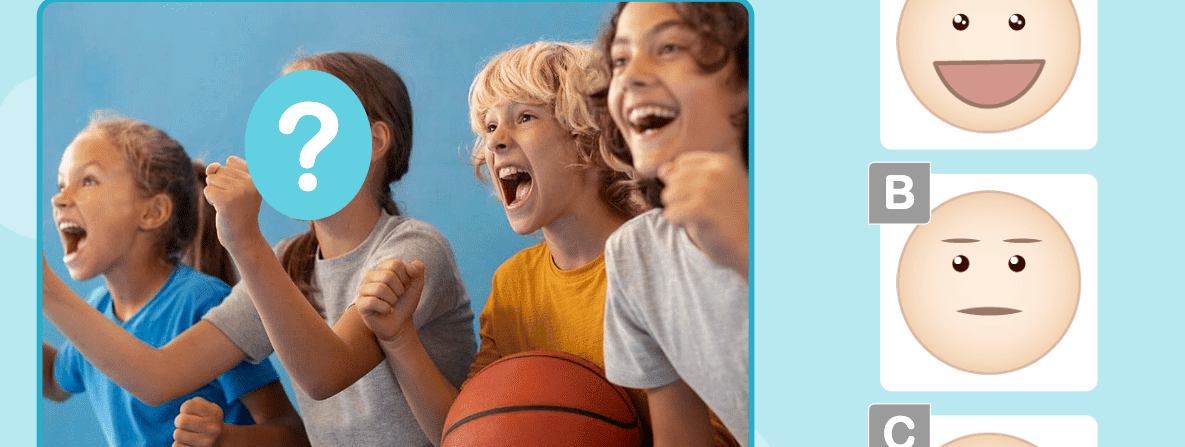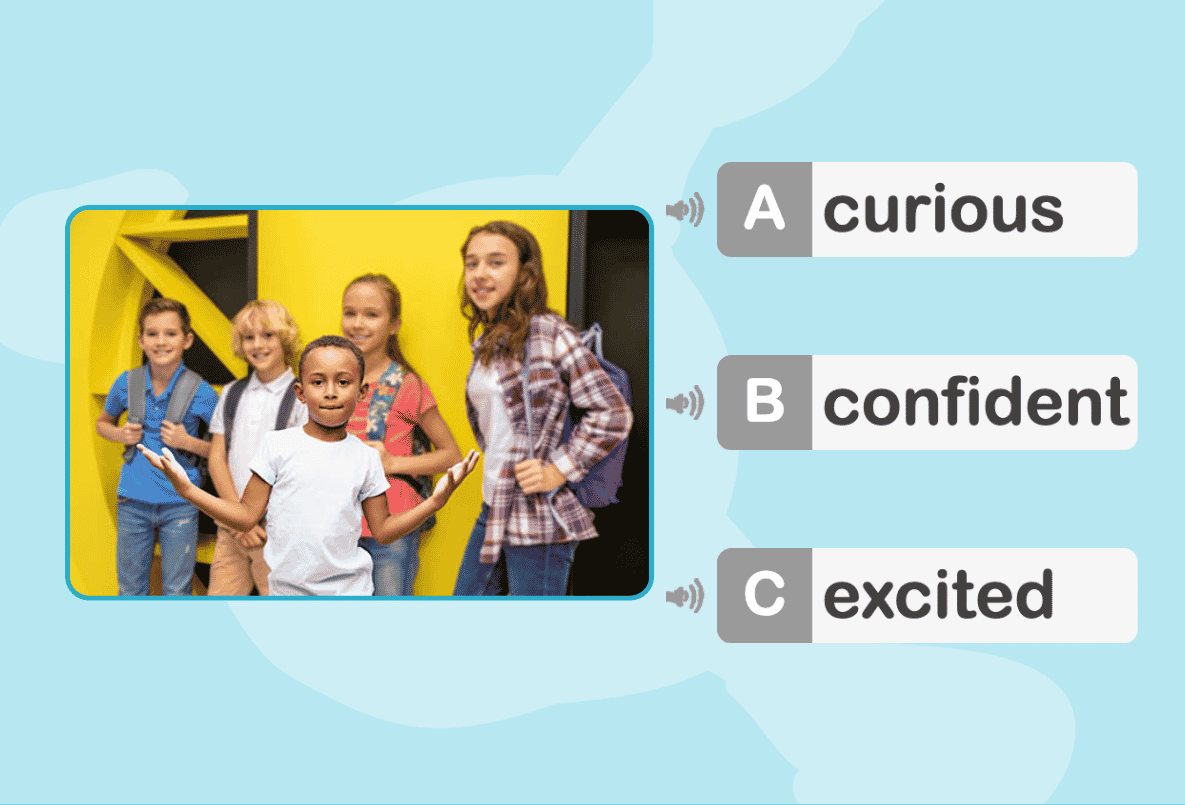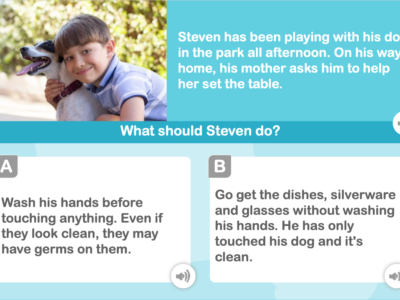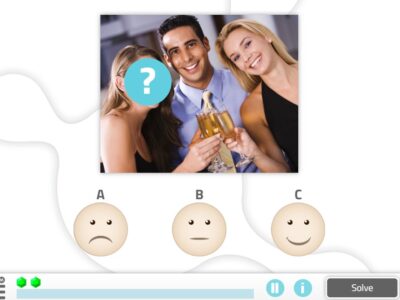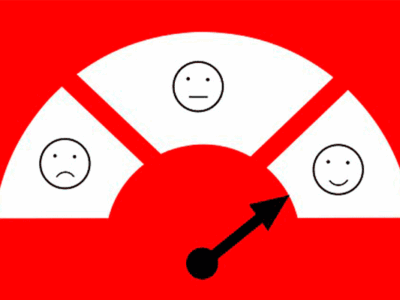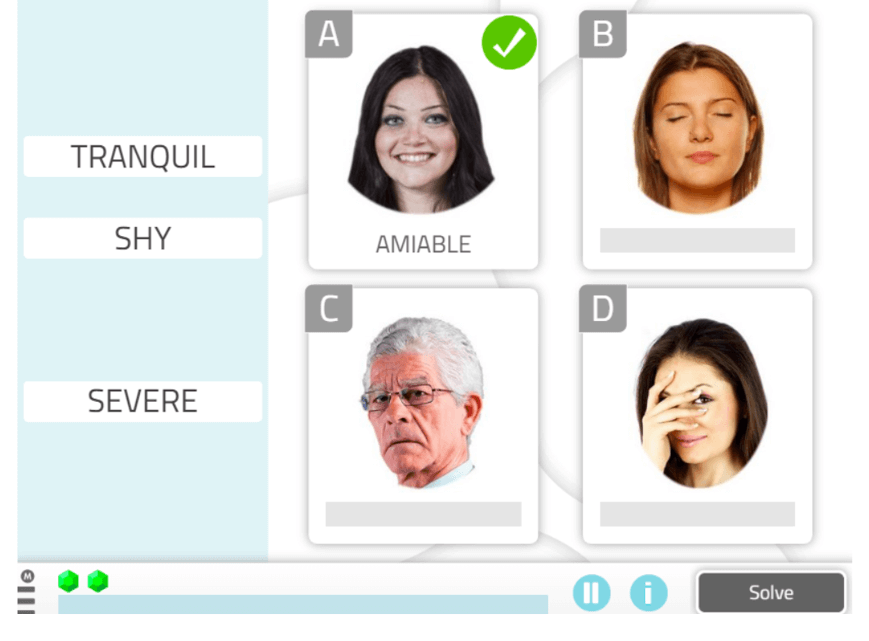Social skills
Social skills are the set of behavioral strategies and the ability to implement those behaviors that help solve a social situation effectively; in a manner acceptable to both an individual and the social context in which the individual finds him/herself.
They allow for feelings, attitudes, desires, opinions or rights to be expressed appropriately in relation to a particular situation, and at the same time respect the conduct of others. Thus, they improve our interpersonal relationships, make us feel good, help us to get what we want, and prevent others from interfering in the achievement of our goals.
These behaviors are necessary to interact with and relate to others in an effective and mutually satisfying manner.
Some of them are:
- Empathy. The ability to put oneself in the place of another person.
- Emotional intelligence. The ability to monitor one’s own and others’ feelings, to discriminate among them, and to use this information to guide one’s thinking and action (Salovey & Mayer, 1990).
- Assertiveness. The ability to state what one wants in a clear, direct, and honest manner without hurting anyone’s feelings or underestimating anyone’s worth, only defending one’s personal rights.
- Listening skills. The ability to listen carefully, attentively, and understanding what the other person wants to say and then communicating that the message has been received.
- Capacity to communicate feelings and emotions. The ability to express one’s positive or negative feelings in an appropriate manner to others.
- Capacity to define a problem and evaluate solutions. The ability to analyze a given situation by taking into account all the objective elements, as well as the feelings and needs of every individual involved.
- Negotiation. The communication ability directed towards finding a solution that is satisfactory to all parties.
- Emotional regulation. The ability to adjust the expression of emotion to the environment.
- Capacity to apologize. The ability to be aware of mistakes made and to acknowledge them.
- Recognition and defense of individual rights and the rights of others. The ability to be aware of our rights and those of others and defend them appropriately.
Why are social skills important?
Social skills are a set of behaviors that allow us to socialize with others in a satisfactory manner, so they are essential in any environment (with family, at work, in the street, etc.). Adequate execution of these skills is beneficial for learning how to express oneself and to understand others, to take into account everyone’s needs and interests, to try and find the most satisfactory solution for everyone when facing a problem, or to be supportive. All of these behaviors are essential for living in society.
Social Skill News, Articles:
Social cognition activity to identify emotions: Guess the Face
September is back and with it comes a new exercise for children. Guess the Face, an activity to identify emotions. What does it consist of? This is a worksheet in which a situation is presented with one or more characters and one of them has his or her face covered. The objective is for the …
Activity to work on emotions with children: What are they feeling?
Today we present an activity to work on emotions with children! Working on emotions and moods is fundamental for everyone and should be cultivated from childhood. What are they feeling? is a perfect worksheet for this. What does it consist of? Children will have to identify what kind of feeling the person shown in the picture has and analyze which …
Social cognition worksheet for teaching children how to behave: What is the best thing to do?
We continue working on expanding our social cognition materials. In this case we have developed a social cognition worksheet to help children and teenagers behave correctly: What is better to do? What does it consist of? It consists of analyzing a situation and seeing what would be the right way to behave in it. Life is full of choices, …
Social Cognition or Understanding Others: Social Cognition Activities
Thanks to which cognitive function are we capable of interpreting other people’s emotions? Can you identify the function responsible for understanding what others might think in certain situations? Or do you know why we behave in a socially appropriate manner in certain circumstances? We can do all this thanks to social cognition. Today, we introduce different …
Emotional Intelligence Activities
Emotional intelligence is a basic concept in psychology that is gaining in importance. It is considered crucial in predicting our health and happiness since it is closely linked to handling various life situations intelligently. In addition, it is essential to train emotional intelligence for stress, anxiety and other mental disorders.
Social Cognition Activities for Adults
From today you can work with four new social cognition activities for adults! Many of you asked us for more activities to work with this cognitive function, so we got down to work to put together a social cognition activity pack. We present them to you one by one! But first, a little warning! From …
